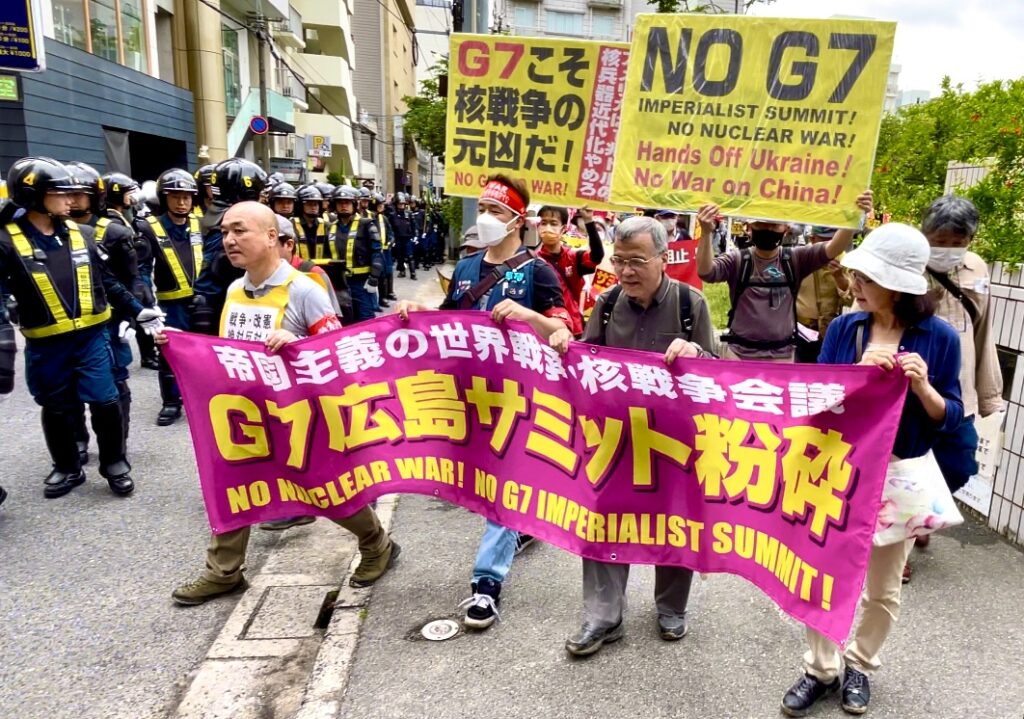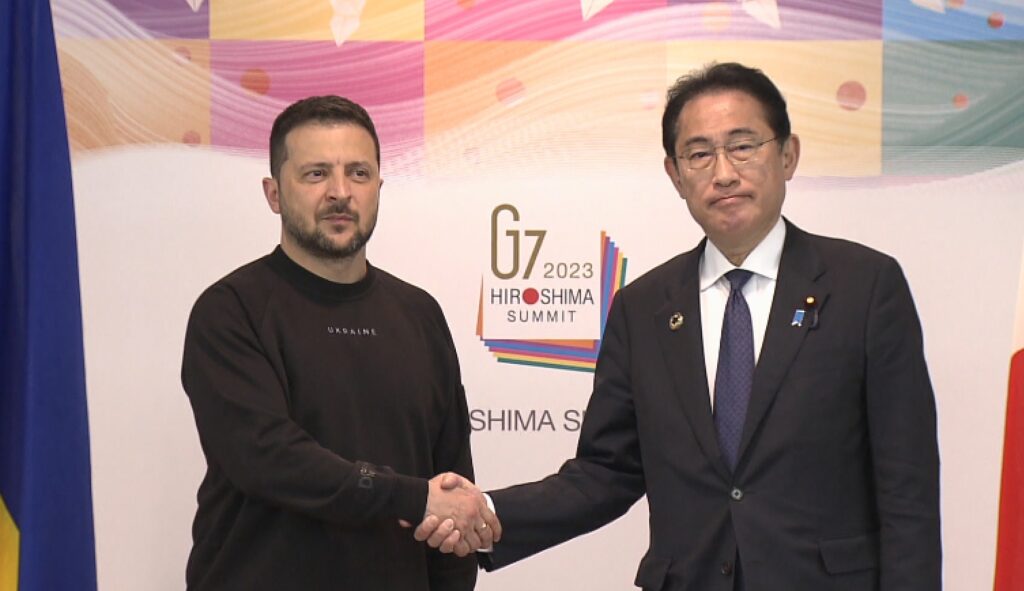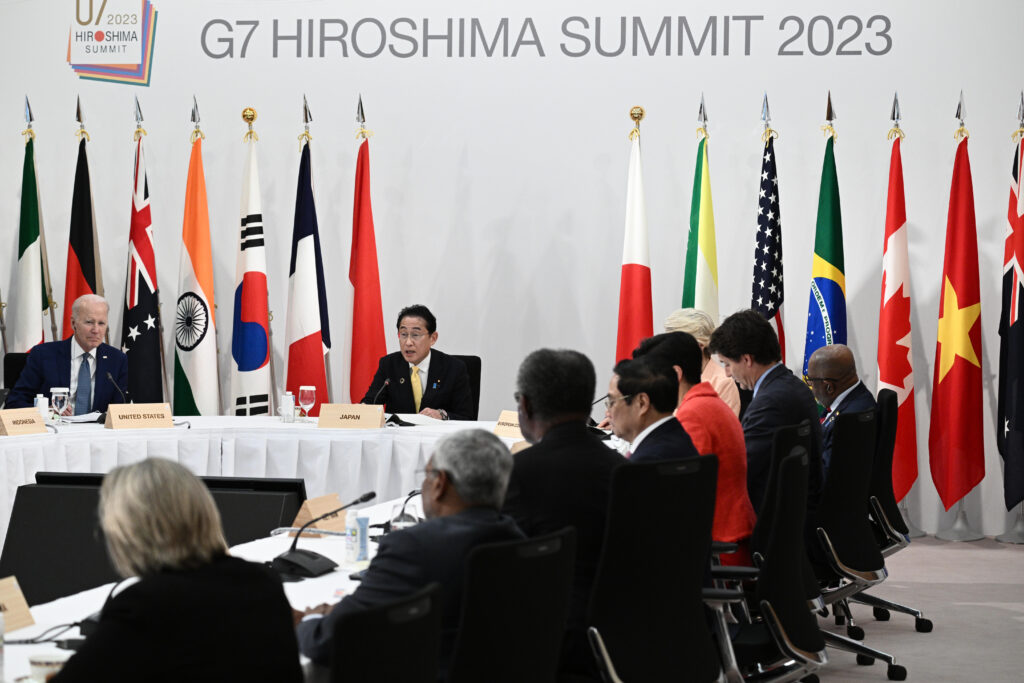





HIROSHIMA, Japan: The Hiroshima G7 Summit ended with disappointment for some activists, atomic bomb survivors and the group ICAN (International Campaign to Abolish Nuclear Weapons), who were unsatisfied with the lack of concrete steps toward ending nuclear weaponry.Critics interviewed in Hiroshima as the three-day summit was coming to a close said that despite Japanese Prime Minister KISHIDA Fumio’s claim of success in taking steps to eliminate nuclear warfare, no details or clear plan was unveiled. Well-known campaigner Setsuko Thurlow branded the Hiroshima G7 a “huge failure” for that reason.Some survivors and activists even criticized the prime minister for allowing the Ukraine-Russia conflict to overshadow the summit’s purpose. Ukrainian President Volodymyr Zelenskyy may have joined the summit for just one day, but before his arrival, promises of support and weaponry training were discussed by G7 leaders, and the summit ended with more promises that Ukraine will be provided with diplomatic, financial, humanitarian and military support. “Instead of rising to meet the urgency and weight of this moment, the G7’s inaction is an insult to the hibakusha (atomic bomb survivors) and the memory of those who died in Hiroshima, “ICAN stated. Another critic said, “Ukraine captured the whole G7 agenda- quite a publicity coup.”There was an impression that Japan’s prime minister missed the chance to harvest 73 years of anti-nuclear sentiment in Hiroshima, especially as he comes from Hiroshima.They said it was ironic that a prime minister from Hiroshima had doubled the defense budget to 2 percent of GDP – which, perhaps not coincidentally, is the threshold for being able to join NATO – and NATO is planning to open an office in Japan.The G7 Summit 2023 was a rare opportunity for Japan to step forward and show itself as a world-class leader in ridding the world of all nuclear weaponry, critics say. The current raging conflicts and the threats exchanged between some countries left an impression that humanity might experience another Hiroshima at some point, but on a greater scale. With that in mind, the Japanese government, activists say, should be at the forefront of demands for a ban on all nuclear weapons rather than using them as a protective umbrella. With Hiroshima as his hometown, Kishida should be the one to convince the nuclear powers, three of which are G7 members, to unite in action. And the other nuclear powers should not be ignored in this debate. China, Russia, India, Pakistan, Israel, and North Korea should have been asked to join the outreach process of the summit meetings to express their views and participate in the dialogue so that the Hiroshima Summit became a milestone in the anti-nuclear arms movements at the highest level. Although the two largest nuclear powers have greatly scaled back their arsenals from peak levels, some more recent members of the nuclear club continue to regard their nuclear arsenals as an impenetrable shield against attack, real or imagined, and it is unlikely that the two largest powers, the US and Russia, will unilaterally disarm further until it is clear that other nations are not going to join the nuclear club or increase their arsenals. In interviews with Japanese local media, some survivors and activists criticized prime minister Kishida for allowing the Ukraine-Russia conflict to overshadow the summit’s purpose. Ukrainian President Volodymyr Zelenskyy may have joined the summit only one day before his arrival. G7 leaders discussed promises of support and weaponry training, and the summit ended with more promises that Ukraine will be provided with diplomatic, financial, humanitarian and military support as needed.